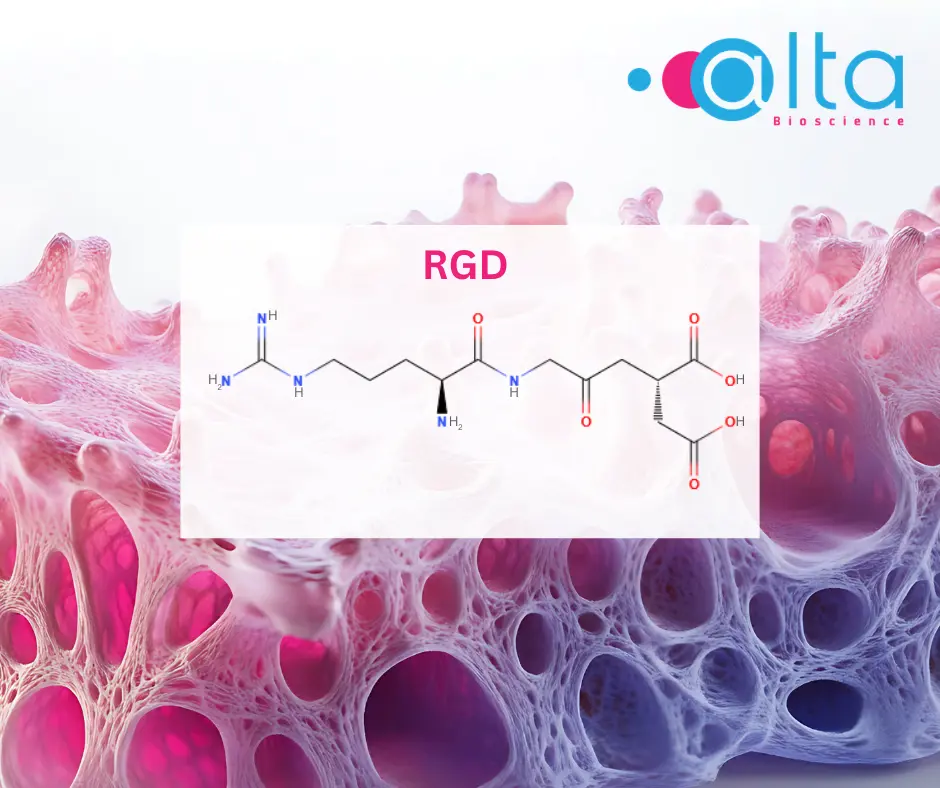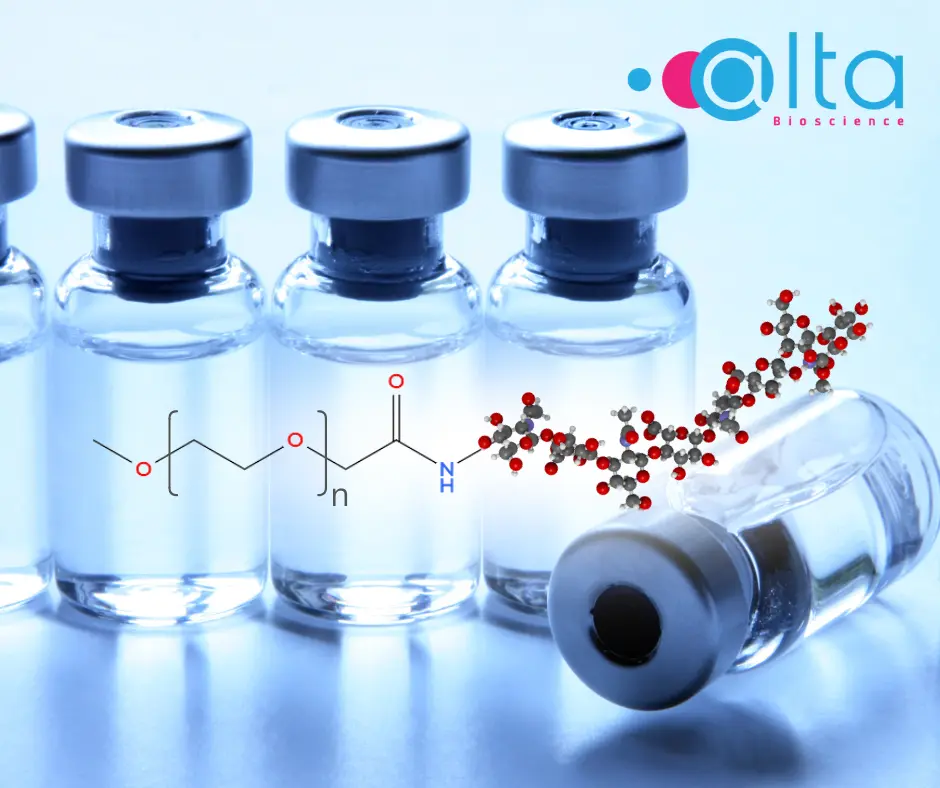Mass spectrometry analysis service
AltaBioscience provides a mass spectrometry analysis service as a tool in the identification of peptides or proteins. Mass spectrometry analysis detects and quantifies known and unknown materials, mixtures and chemical structures of different molecules to provide precise, quantitative analysis and detection down to ultra-trace levels.
Protein mass spectrometry service with AltaBioscience
With over 20 years’ experience, we offer two types of protein mass spectrometry services;
- Intact mass analysis
- Peptide fingerprinting analysis
Intact mass analysis
This protein mass spectrometry service analyses proteins and peptides that have not been digested or fragmented prior to analysis. This is useful for identifying the overall molecular weight of the peptide/protein sample, which can be compared to expected values. Furthermore, anomalies and impurities can be easily detected.
AltaBioscience utilises an in-house MALDI-TOF mass spectrometer whereby a laser is scanned over the sample which becomes ionised. These ions are then accelerated with an electric field and then passed through a long column that separates the ions by mass/charge ratio (m/z). When the ions hit the detector at the end, the mass/charge ratio (m/z) of each ion is plotted against the electrical signal obtained to produce the mass spectrum.
Another technique that is employed by AltaBioscience is a reflectron, which uses a perpendicular electric field to the direction of the flying ions. This makes the ions change direction, reaching a detector that is located near the initial ioniser. The overall time of this technique increases the separation of the ions and reduces the impact of neutral ions, thereby producing a cleaner mass spectrum.
Peptide fingerprinting analysis
This mass spectrometry service analyses proteins and peptides that have been digested/fragmented prior to analysis. This technique is extremely useful for identifying the amino acid sequence of a section of a protein, which can then be searched through various proteomic databases such as UniProt to either identify a known protein in an unknown sample or to compare it to a known sequence.
AltaBioscience utilises a tryptic digest service, which digests proteins into fragments after serine residues. These fragments are then analysed using an Orbitrap mass spectrometer to identify their total mass and build a picture of the total protein structure.
An Orbitrap mass spectrometer utilises an orbital motion by way of a spindle electrode with the resulting current transformed into a mass spectrum.
An alternative mass spectrometry service employed by AltaBioscience does not include an enzymatic digestion but instead utilises a triple quadrupole mass spectrometer. This type of spectrometer passes the initial protein sample through three quadrupoles on route to the detector. The first quadrupole acts as a mass analyser, removing impurities from the ionisation step of the process. The second quadrupole acts as a fragmentation chamber, whereby the protein ions are fragmented into smaller peptide sequences akin to a tryptic digest. The third and final quadrupole separates the smaller peptide fragments according to mass and a mass spectrum of these fragments is produced.
Mass spectrometry applications
Mass spectrometry is a powerful technique that lends itself to multiple applications including pharmaceutical, biological, industrial and agrochemical.
An example of an application in a pharmaceutical environment is during the development of new drugs as many drugs utilise an antibody tag in order for them to reach their target area in the body. The sequence of these antibodies must be accurate therefore our service would analyse the accuracy of an antibody’s protein sequence.
In addition, in an academic environment, peptides are regularly synthesised with the overall mass and sequence needing to be fully understood before their usage. AltaBioscience also synthesises small peptides as an additional service which are checked for their purity using the intact mass analysis service mentioned previously.
Proteins are also present in biological samples and settings, therefore being able to identify a protein-based on its mass and sequence could prove to be extremely useful when producing medication and treatments for viral and bacterial infections.
Mass spectrometry analysis with AltaBioscience
With over 20 years’ experience, our UK based laboratory provides a fast, reliable turnaround for our mass spectrometry analysis service. Our highly skilled specialists will be able to offer you professional assistance from consultation and through the whole project.



